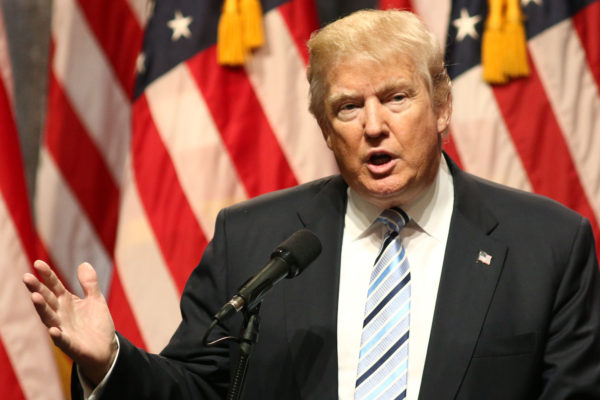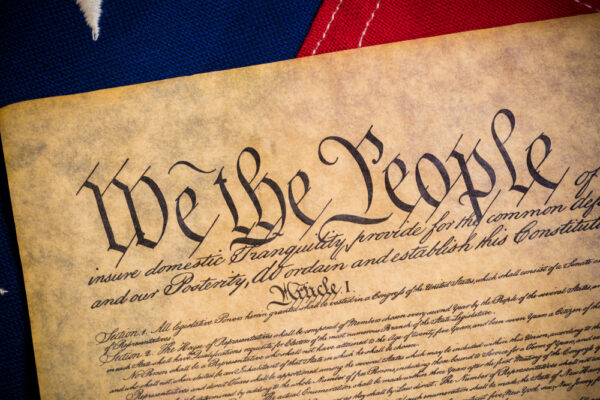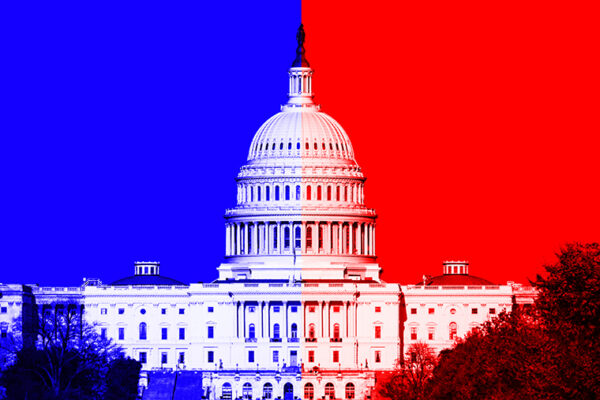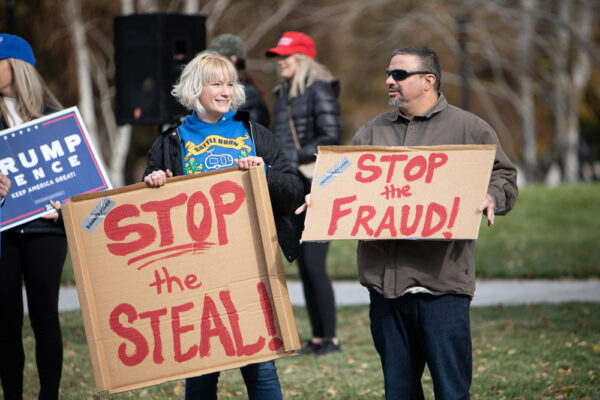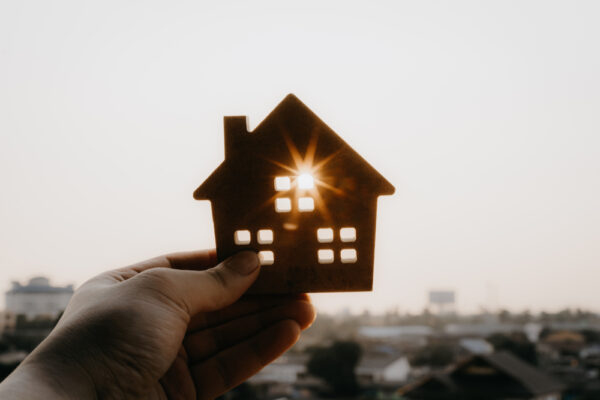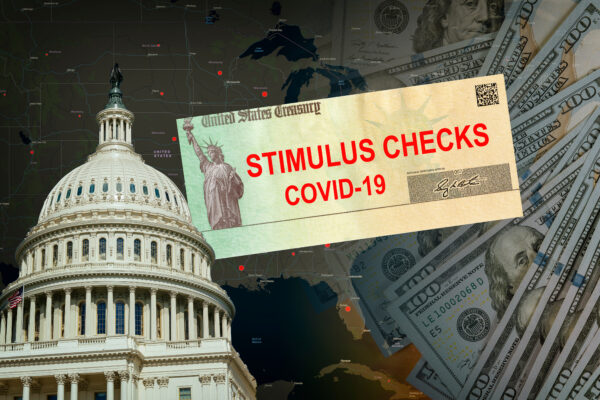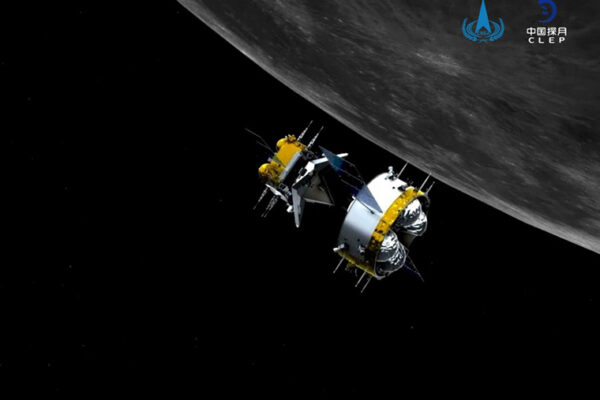Trump self-pardon might open him to prosecution
As Donald Trump prepares to leave the presidency Jan. 20 in the wake of being accused of fomenting the riot at the U.S. Capitol, he is reportedly considering an unprecedented move: the self-pardon. While no president has ever pardoned himself, the act might be more trouble than its worth for Trump, notes Dan Epps, a law professor at Washington University in St. Louis.
What is the 25th Amendment?
In light of the Jan. 6 mob attack on the U.S. Capitol building, many Democrats, and even some Republicans, have called for the use of the 25th Amendment to remove President Trump from office. What is that amendment and how does it work? Washington University in St. Louis law professor Greg Magarian explains.
Is compromise possible in a split Senate?
While there are no formal rules about how the Senate should function in the event of an even split, there is a template, says an expert on congressional politics at Washington University in St. Louis.
Mob at Capital building amounts to insurrection
When a group violently attacks a government institution, in an effort to change the lawful governmental order, it is insurrection, says a law expert on the U.S. Constitution at Washington University in St. Louis.
How will we remember this holiday season?
How will this year’s celebrations be remembered? The answer will be “differently than normal” for some individuals, but collective memory for the pandemic itself is likely to fade quickly for most people.
Aid package will only postpone inevitable housing crisis
As part of the new $900 billion federal stimulus package, the moratorium on evictions for renters will be extended by one month, through the end of January. The help could not come soon enough, says an expert on social and economic development at the Brown School. However, without more intentional, long-term solutions and investments, this aid will only postpone an inevitable housing crisis.
We need economic rescue, and we need it now
After months of failed negotiations that have left many Americans, businesses and the economy in the lurch, lawmakers are scrambling to reach a deal on an economic stimulus plan that could top $900 billion. If Congress passes the deal, will it do enough to help struggling Americans and businesses stay afloat? To answer that question, three business and economics experts at Washington University in St. Louis shared their thoughts on the proposed plan, what lawmakers got right, what is missing and what ticking time bombs remain.
China probe returns with ‘treasure trove’ of moon rocks
The Chinese space agency announced Dec. 16 the return of a lunar probe bringing back the first fresh samples of rock and debris from the moon in more than 40 years. Bradley L. Jolliff, the Scott Rudolph Professor of Earth and Planetary Sciences in Arts & Sciences at Washington University in St. Louis, reflects on the scientific value of the samples.
Shareholder influence more effective than mandates in diversifying boards
Olin Business School’s Todd Gormley discusses his research on efforts to increase gender diversity on governance boards through shareholder pressure, and the potential impact of a new policy proposed by Nasdaq.
The vexing vax supply chain
The cold, hard fact is: Pfizer blazed a trail in creating a touted COVID-19 vaccine, but now it must help to equally pioneer an unprecedented way to distribute the drug across the United States and the globe, says a supply chain expert at Washington University in St. Louis.
View More Stories
